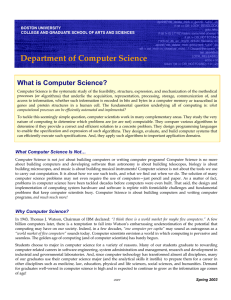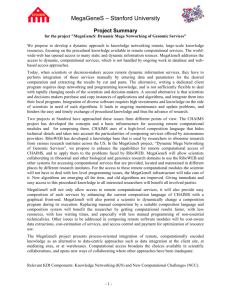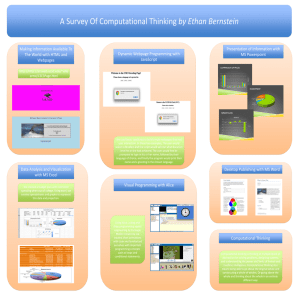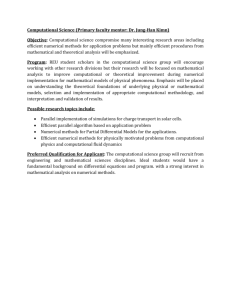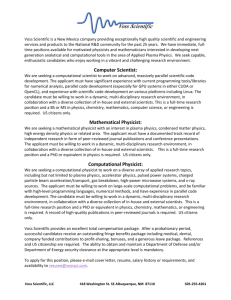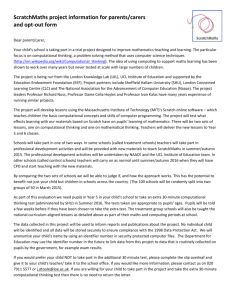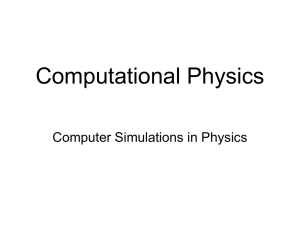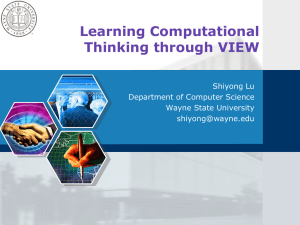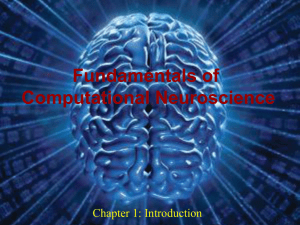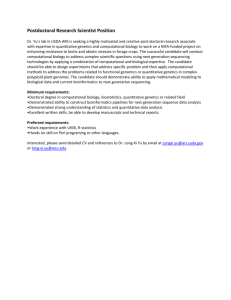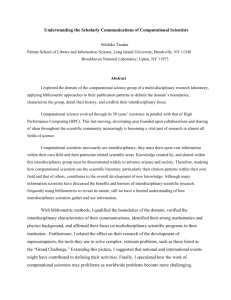CoMPLEX - University College London
advertisement
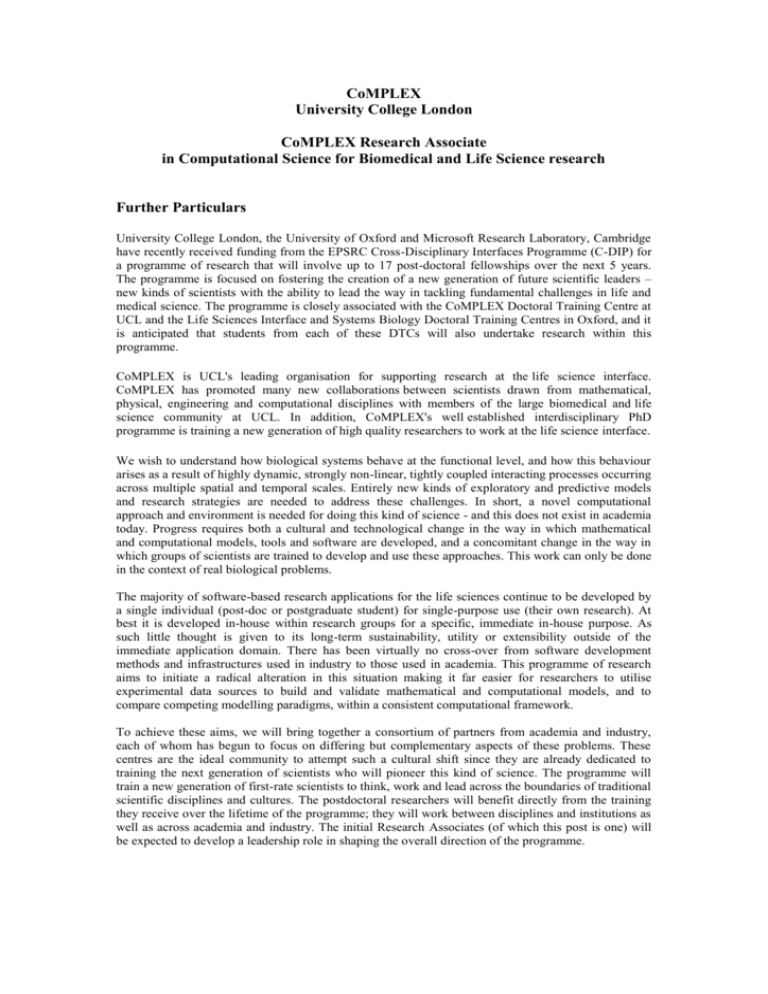
CoMPLEX University College London CoMPLEX Research Associate in Computational Science for Biomedical and Life Science research Further Particulars University College London, the University of Oxford and Microsoft Research Laboratory, Cambridge have recently received funding from the EPSRC Cross-Disciplinary Interfaces Programme (C-DIP) for a programme of research that will involve up to 17 post-doctoral fellowships over the next 5 years. The programme is focused on fostering the creation of a new generation of future scientific leaders – new kinds of scientists with the ability to lead the way in tackling fundamental challenges in life and medical science. The programme is closely associated with the CoMPLEX Doctoral Training Centre at UCL and the Life Sciences Interface and Systems Biology Doctoral Training Centres in Oxford, and it is anticipated that students from each of these DTCs will also undertake research within this programme. CoMPLEX is UCL's leading organisation for supporting research at the life science interface. CoMPLEX has promoted many new collaborations between scientists drawn from mathematical, physical, engineering and computational disciplines with members of the large biomedical and life science community at UCL. In addition, CoMPLEX's well established interdisciplinary PhD programme is training a new generation of high quality researchers to work at the life science interface. We wish to understand how biological systems behave at the functional level, and how this behaviour arises as a result of highly dynamic, strongly non-linear, tightly coupled interacting processes occurring across multiple spatial and temporal scales. Entirely new kinds of exploratory and predictive models and research strategies are needed to address these challenges. In short, a novel computational approach and environment is needed for doing this kind of science - and this does not exist in academia today. Progress requires both a cultural and technological change in the way in which mathematical and computational models, tools and software are developed, and a concomitant change in the way in which groups of scientists are trained to develop and use these approaches. This work can only be done in the context of real biological problems. The majority of software-based research applications for the life sciences continue to be developed by a single individual (post-doc or postgraduate student) for single-purpose use (their own research). At best it is developed in-house within research groups for a specific, immediate in-house purpose. As such little thought is given to its long-term sustainability, utility or extensibility outside of the immediate application domain. There has been virtually no cross-over from software development methods and infrastructures used in industry to those used in academia. This programme of research aims to initiate a radical alteration in this situation making it far easier for researchers to utilise experimental data sources to build and validate mathematical and computational models, and to compare competing modelling paradigms, within a consistent computational framework. To achieve these aims, we will bring together a consortium of partners from academia and industry, each of whom has begun to focus on differing but complementary aspects of these problems. These centres are the ideal community to attempt such a cultural shift since they are already dedicated to training the next generation of scientists who will pioneer this kind of science. The programme will train a new generation of first-rate scientists to think, work and lead across the boundaries of traditional scientific disciplines and cultures. The postdoctoral researchers will benefit directly from the training they receive over the lifetime of the programme; they will work between disciplines and institutions as well as across academia and industry. The initial Research Associates (of which this post is one) will be expected to develop a leadership role in shaping the overall direction of the programme.
